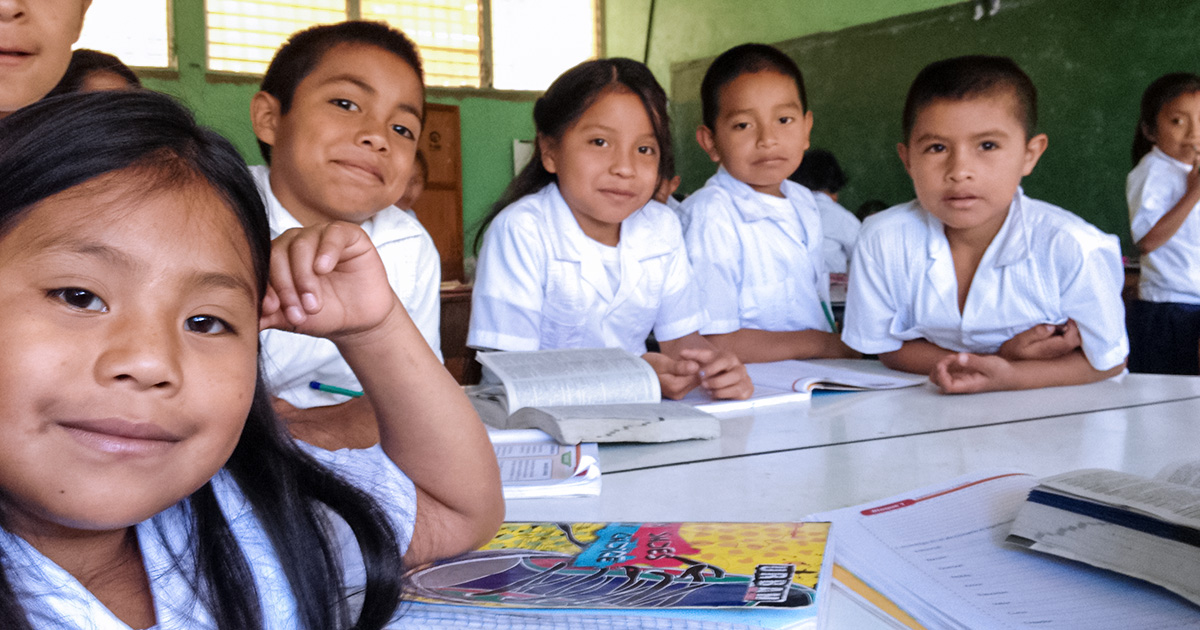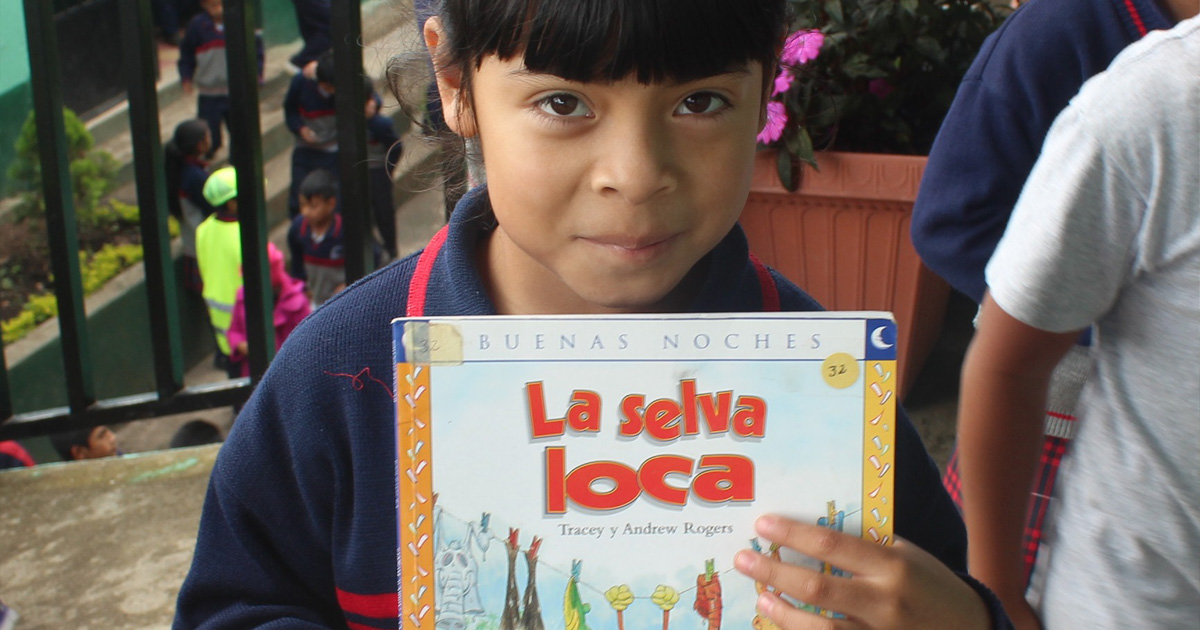Lessons Learned and Methodological Insights from LAC Reads to Improve Education Evaluations

Launched in 2012, LAC Reads was an ambitious initiative led by the U.S. Agency for International Development (USAID) and a host of partners to generate and use evidence about what works to address the early literacy crisis across much of Latin America and the Caribbean (LAC). Nearly a decade later, the LAC Reads Evaluation project—the arm of LAC Reads that produced rigorous evaluations on early literacy—is helping to inform regional policy dialogue across the LAC region.
On February 25th, we held a webinar titled “The Future of Literacy in Latin America: How Evidence from LAC Reads Can Help Close Early Reading Gaps,” which shared findings from four impact evaluations and discussed the implications for evidence-based education in the region.
On May 19th, USAID and Mathematica were pleased to again convene the global education and research community to discuss insights to improve future education interventions and evaluations gained from the flexible, creative implementation of the LAC Reads portfolio of multiple randomized controlled trials of early grade reading interventions.
Participants included:
- Michael Lisman, education team lead, Bureau for Latin America & the Caribbean, USAID
- Barbara Knox-Seith, senior education advisor, Bureau for Latin America and the Caribbean, USAID
- Nancy Murray, vice president and director of international research, Mathematica
- Larissa Campuzano, Camila Fernandez, Sarah Liuzzi, Julieta Lugo-Gil, and Emilie Bagby, principal researchers, Mathematica
- Dan Levy, senior lecturer in public policy, Harvard Kennedy School

